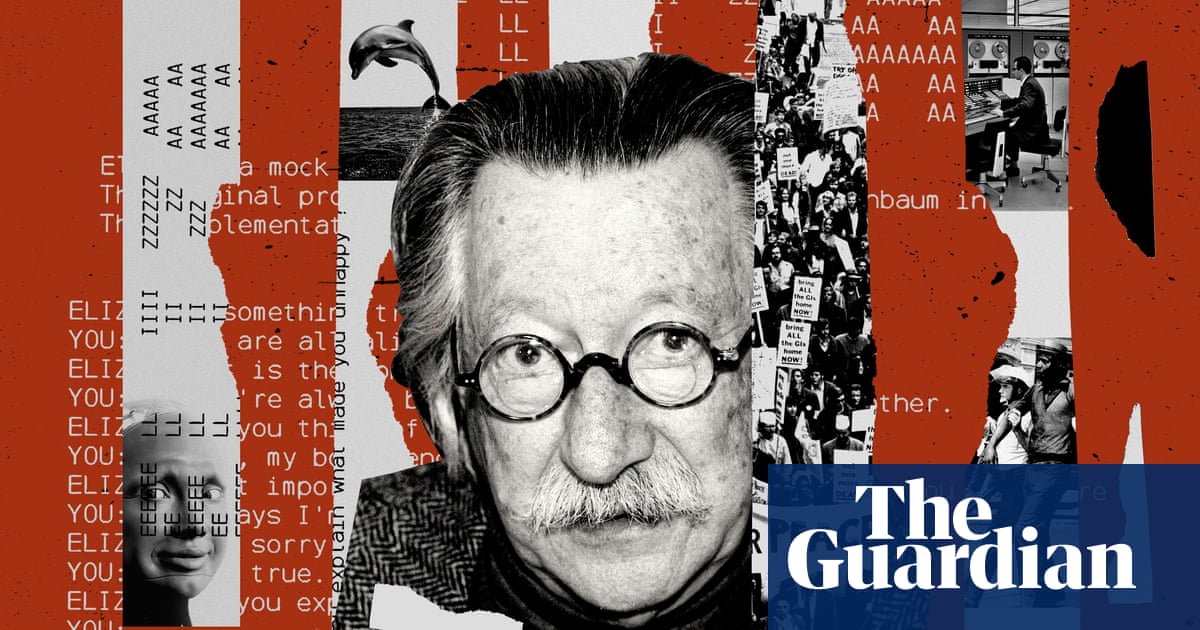Joseph Weizenbaum, the inventor of the first chatbot, made significant contributions to the field of artificial intelligence (AI) but also warned about the dangers of AI and the potential for computers to be mistaken for humans. He created the chatbot Eliza in 1966, which simulated conversation with a psychotherapist. Weizenbaum observed how people attributed human characteristics to software and highlighted the concept of transference, where individuals project feelings from their past onto others. He argued that computers can never fully understand humans and should not be given authority over tasks that require values and judgment. Weizenbaum critiqued the AI community and the ideology that computers could replicate human capabilities. He believed that AI strengthened oppressive power structures and limited human reason by reducing it to code. Despite initial concerns being dismissed, Weizenbaum’s pessimism about AI is now shared by many researchers who recognize its potential risks.
Summarized by ChatGPT


